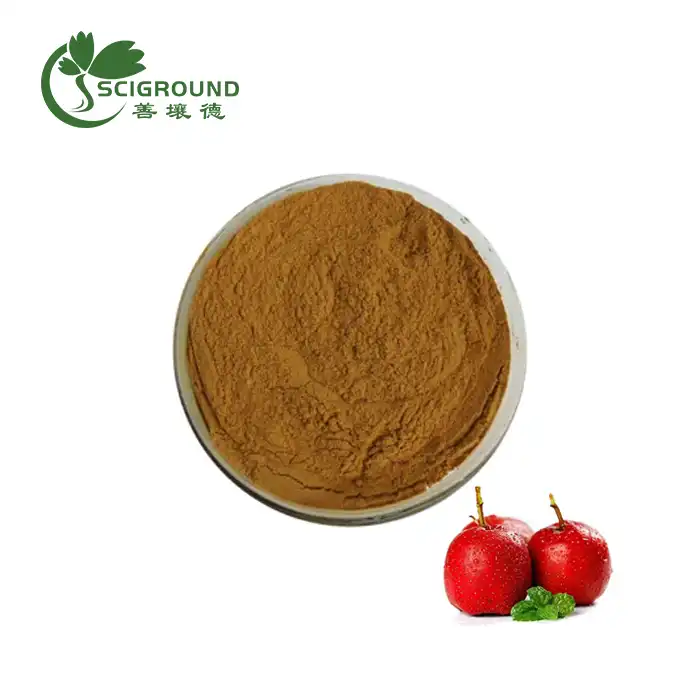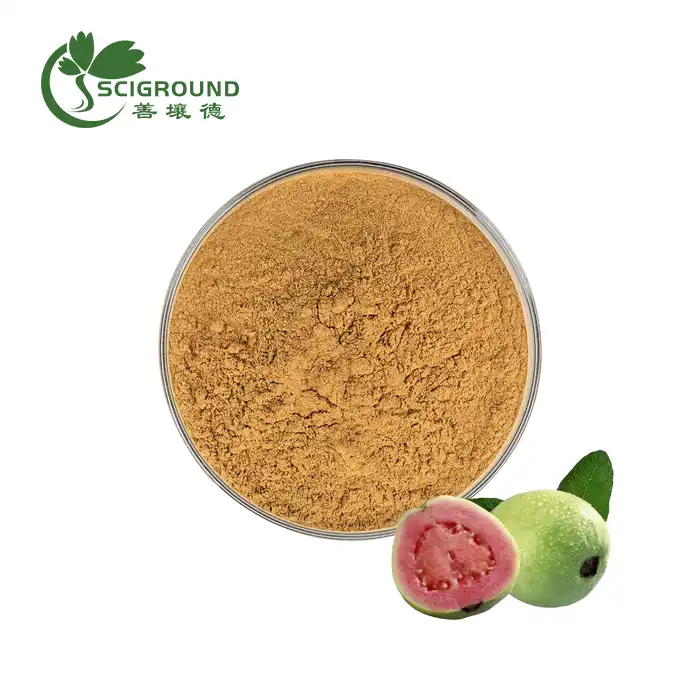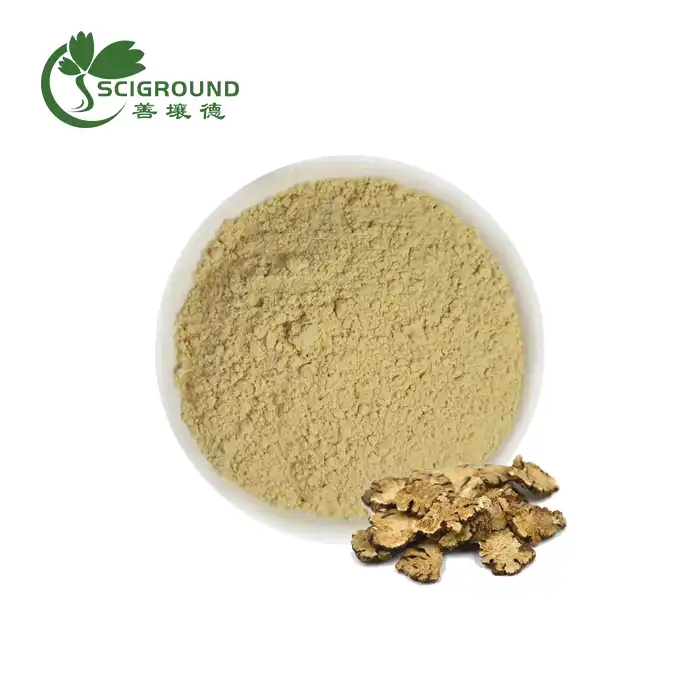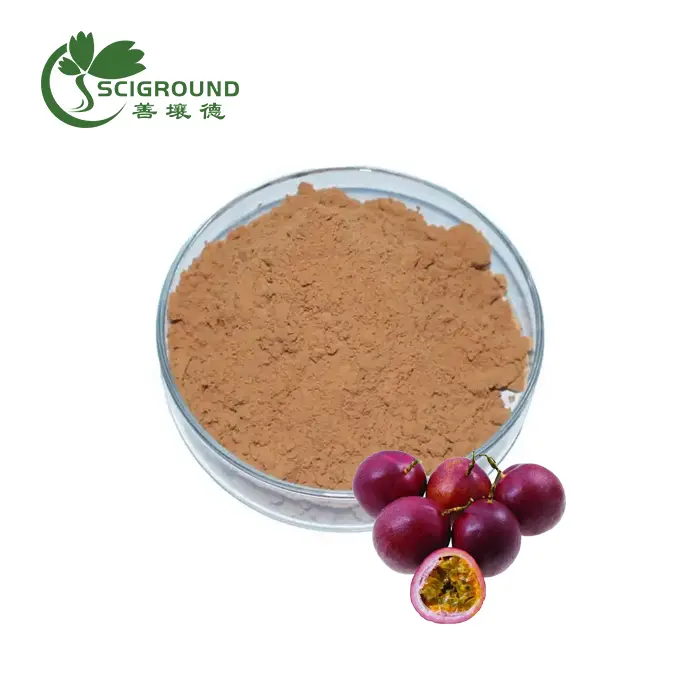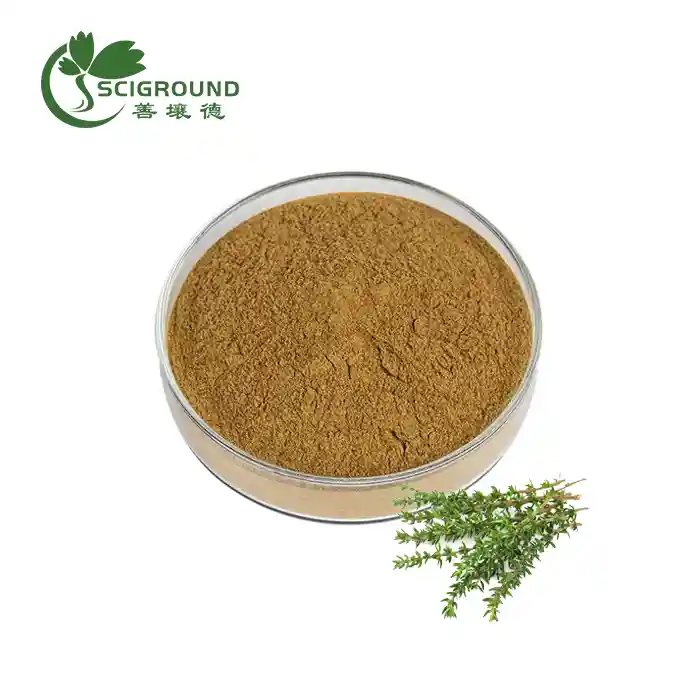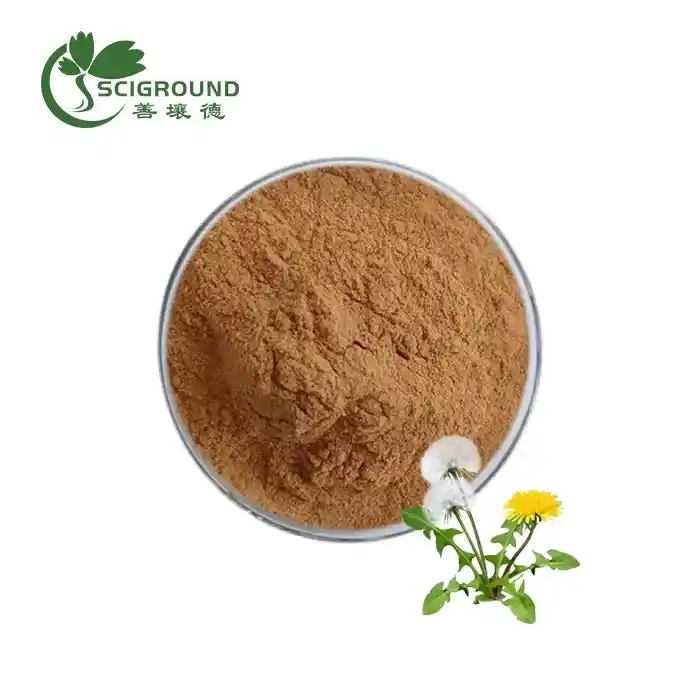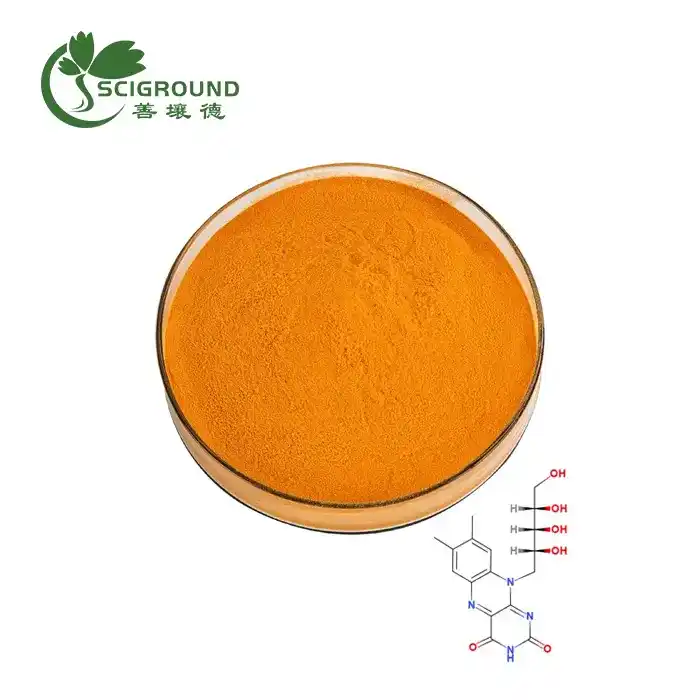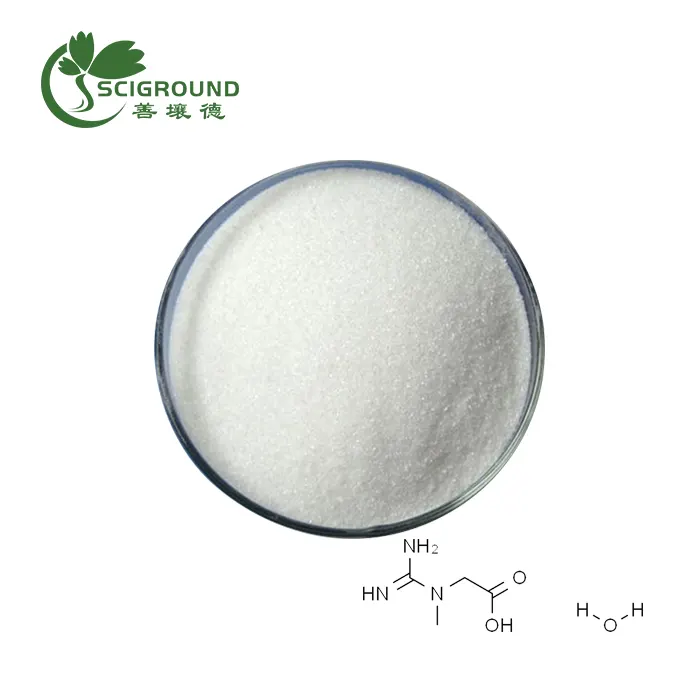L Theanine vs Ashwagandha
Ashwagandha vs. L-Theanine: Similarities & Differences Explained
Both ashwagandha and l-theanine are popular herbal supplements used to reduce stress and anxiety. But what exactly are the differences between these two natural remedies? In this in-depth comparison article, I'll explain the key similarities and differences between ashwagandha and l-theanine, their mechanisms of action, benefits, side effects, and more.
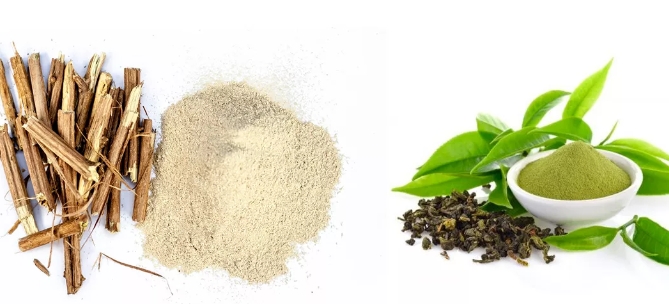
What is Ashwagandha?
Ashwagandha (Withania somnifera) is an adaptogenic herb that has been used in Ayurvedic medicine for centuries. The name ashwagandha translates to "smell of horse" in Sanskrit, referring to the herb's distinct odor and its ability to increase strength and vitality.
The main bioactive compounds in ashwagandha are withanolides, which are steroidal lactones that have anti-inflammatory, antioxidant, and immune-modulating properties. The two most important withanolides are withaferin A and withanolide D.
Ashwagandha is classified as an adaptogen - meaning it helps the body adapt to stress and exerts balancing effects. Research shows ashwagandha can lower cortisol levels, reduce anxiety and depression, boost testosterone and fertility in men, and even enhance muscle growth and endurance.
What is L-Theanine?
L-theanine is an amino acid found naturally in green and black teas from the Camellia sinensis plant. It is structurally similar to the neurotransmitters glutamate and GABA.
L-theanine promotes relaxation and stress relief by increasing alpha brain waves, which are associated with a awake but relaxed mental state. It also boosts levels of GABA, serotonin and dopamine in the brain.
L-theanine has gained popularity as a supplement for reducing stress, anxiety, and improving sleep quality. It is absorbed quickly after oral ingestion and can cross the blood-brain barrier.
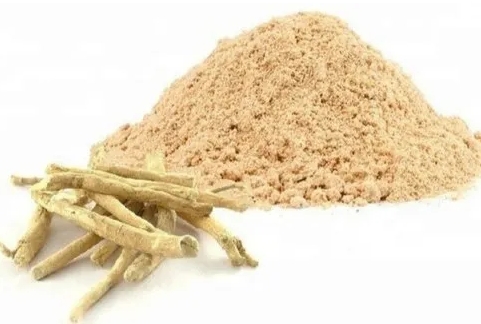
Similarities Between Ashwagandha and L-Theanine
Although ashwagandha and l-theanine powder differ botanically, they share some commonalities in terms of their mechanisms and effects on the body:
Both are natural substances, not pharmaceutical drugs
They have similar anti-anxiety and anti-stress effects
Each can help improve focus and concentration
They act as neural protectants and cognitive enhancers
Ashwagandha and l-theanine may improve sleep quality
Some evidence suggests they boost immunity
The major shared benefit of ashwagandha and l-theanine is their ability to calm the mind and body to reduce the negative effects of stress and anxiety. Let's explore the differences between the two next.
Differences Between Ashwagandha and L-Theanine
While ashwagandha and l-theanine are both anti-stress supplements, there are some key differences between the two:
Source: Ashwagandha is an herbal root, while l-theanine is an amino acid found in tea
Effects on sleep: L-theanine is more likely to improve sleep quality compared to ashwagandha
Stimulation: Ashwagandha is more stimulating and can increase energy levels. L-theanine is not stimulating.
Other benefits: Ashwagandha boosts testosterone, increases strength and endurance, and reduces blood sugar. L-theanine does not have these effects.
Dosage: Ashwagandha dosage is up to 600 mg per day. L-theanine dosage ranges from 100-400 mg.
Side effects: Gastrointestinal upset is more common with ashwagandha. L-theanine has minimal side effects.
While both supplements relieve anxiety, the slight stimulatory effect of ashwagandha makes it more suitable for daytime use while l-theanine may be preferred at nighttime for sleep.
Ashwagandha vs. L-Theanine for Anxiety
Many people take ashwagandha and l-theanine supplements to help manage anxiety symptoms. Both have been shown effective for reducing anxiety, but may work in slightly different ways.
Human and animal studies show ashwagandha helps alleviate anxiety by:
Lowering cortisol levels
Reducing brain cell degeneration
Stabilizing neurotransmitters like GABA
Modulating the HPA axis and immune system
The mechanisms behind l-theanine’s anti-anxiety effects include:
Increasing alpha brain waves
Boosting serotonin, dopamine, and GABA
Regulating excitatory neurotransmitters
Enhancing overall cognitive function
For people with primarily physical anxiety symptoms like a rapid heart rate, sweatiness, or nervousness, ashwagandha may provide greater relief. The relaxant properties of l-theanine make it ideal for mental anxiety involving constant worrying or rumination.
Ashwagandha vs. L-Theanine for Sleep
Disrupted or poor quality sleep is closely tied to high stress levels and anxiety. Some research shows both ashwagandha and l-theanine can modestly improve overall sleep quality, although through slightly different mechanisms.
Animal studies have found ashwagandha helps initiate the processes needed to maintain stable sleep cycles. The herb's stress-lowering effects also enable better sleep.
L-theanine is thought to improve sleep by boosting serotonin and GABA levels in the brain, resulting in greater relaxation and reduced nighttime awakenings. The amino acid also increases deep, slow-wave sleep stages.
Overall, l-theanine may have more direct effects on sleep parameters like duration and efficiency compared to ashwagandha. Combining both supplements could provide greater sleep-enhancing benefits.
Ashwagandha and L-Theanine Together
Because ashwagandha and l-theanine work through some complementary mechanisms, many people take the two together for amplified anti-anxiety and anti-stress effects.
Some studies have looked at combinations of ashwagandha and l-theanine and found positive results for anxiety relief. One 8-week study in adults with chronic stress showed the ashwagandha/l-theanine combination:
Lowered cortisol levels significantly
Reduced anxiety and stress scale assessments
Increased mental well-being parameters
More research is still needed, but the evidence so far suggests ashwagandha and l-theanine work synergistically and can be safely taken together. As always, it's best to consult a doctor before combining new supplements.
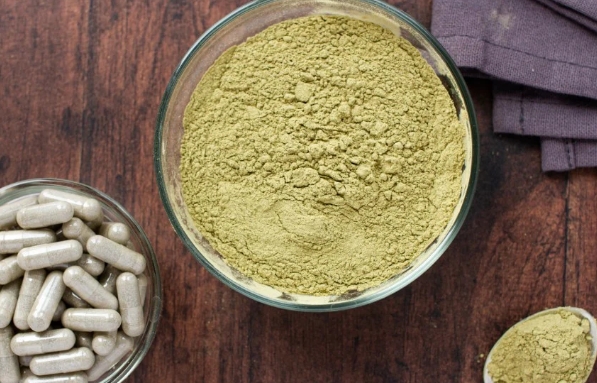
Ashwagandha vs. L-Theanine: Which Is Better?
Both ashwagandha and l-theanine are extremely useful supplements for managing stress and anxiety levels. Choosing one over the other depends on your specific needs and preferences:
Ashwagandha may be preferred for reducing cortisol, boosting testosterone, increasing energy, and stabilizing mood.
L-theanine may be better for calming the mind before bedtime and improving sleep quality parameters like duration and efficiency.
The two supplements can be safely taken together for amplified benefits.
Consult a naturopathic doctor or other specialist to determine which one is right for your health goals.
Keep in mind that ashwagandha and l-theanine supplement products vary in purity and quality. Purchase from reputable manufacturers to ensure you get maximum results.
Frequently Asked Questions
Is it safe to take ashwagandha and l-theanine together?
Yes, ashwagandha and l-theanine are generally safe to use together. No negative interactions have been reported when combining the two supplements at recommended dosages. As with any new supplement regimen, start slowly and monitor how you feel.
When should I take ashwagandha and l-theanine for best results?
The best time to take ashwagandha is in the morning along with breakfast. L-theanine can be taken anytime during the day. For sleep benefits, take l-theanine about 30-60 minutes before bedtime. Taking both supplements together in the morning is fine.
Can ashwagandha and l-theanine help with weight loss?
A few studies suggest ashwagandha may help accelerate fat burning and reduce body weight. However, there is no evidence that l-theanine aids weight loss. Both supplements help control stress eating behaviors which may support overall weight management.
Are there any negative side effects from taking ashwagandha or l-theanine?
Ashwagandha and l-theanine supplements are very well-tolerated by most people. Mild side effects can include headaches, dizziness, or gastrointestinal upset. To avoid adverse reactions, discontinue use if any discomfort occurs.
What is the best ashwagandha supplement?
Look for a supplement made from organic ashwagandha root extract standardized to a high percentage of withanolides (5% or more). Choose a reputable brand that sources herbs sustainably and transparency discloses fillers and additives. Follow package directions for dosage.
Is l-theanine the best supplement for anxiety?
L-theanine is one of the most effective OTC supplements for curbing anxiety, but other options like lemon balm, omega-3s, and magnesium also have evidence supporting their use. Work with a healthcare advisor to find the best anti-anxiety supplements for your symptoms.
The Bottom Line
If you struggle with excessive anxiety, chronic stress, or sleep issues, adding an ashwagandha or l-theanine supplement to your daily wellness routine may provide significant benefits. While the two supplements have slightly different therapeutic mechanisms, both offer safe, natural relief without sedative side effects.
Consult a qualified naturopathic doctor or nutritionist to help determine which supplement is best suited for your health goals and needs. As always, introduce any new herb or supplement gradually to gauge your body's response.
By taking advantage of the unique anti-anxiety and balancing properties of ashwagandha and l-theanine, you may finally find the natural stress relief your mind and body craves.
References:
https://www.ncbi.nlm.nih.gov/pmc/articles/PMC3573577/
https://www.ncbi.nlm.nih.gov/pmc/articles/PMC6855698/
https://www.ncbi.nlm.nih.gov/pmc/articles/PMC3573577/
https://www.ncbi.nlm.nih.gov/pmc/articles/PMC6855698/
https://www.ncbi.nlm.nih.gov/pmc/articles/PMC6836191/
https://www.ncbi.nlm.nih.gov/pmc/articles/PMC6855698/
https://www.ncbi.nlm.nih.gov/pmc/articles/PMC7004560/
https://www.ncbi.nlm.nih.gov/pmc/articles/PMC6855698/
ABOUT AUTHOR

Celine Xu is a botanist with over 15 years of experience researching and developing plant extracts for nutritional and pharmaceutical applications. She leads an R&D team focused on identification, cultivation and extraction of medicinal plants. Celine Xu earned a Ph.D. in Plant Biology has authored numerous articles in peer-reviewed journals about the health benefits of specific phytochemicals. She frequently speaks at industry conferences about new developments in plant extract research. Celine Xu is dedicated to advancing the scientific understanding of how targeted plant compounds can be used to improve human health.
Related Industry Knowledge
- What is the benefit of agaricus blazei extract?
- What are the interactions of Motherwort Extract Powder?
- Why are ginkgo leaves special?
- What is Ajuga turkestanica extract used for?
- Is hydrolyzed wheat protein the same as gluten?
- Is vitamin E good for your face?
- Is L-ornithine good for the kidneys?
- Inulin vs Psyllium
- L Serine Benefits
- Apple Extract Powder: A Natural and Healthy Sweetener
